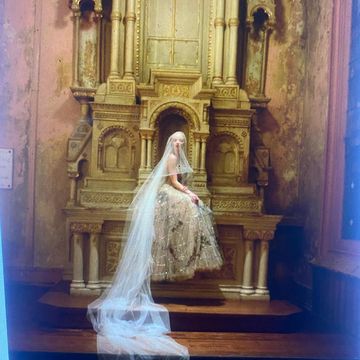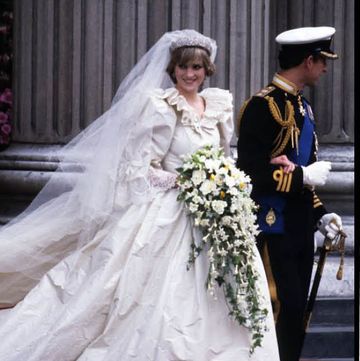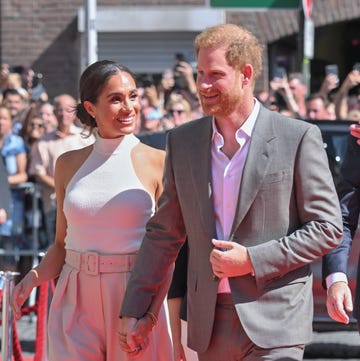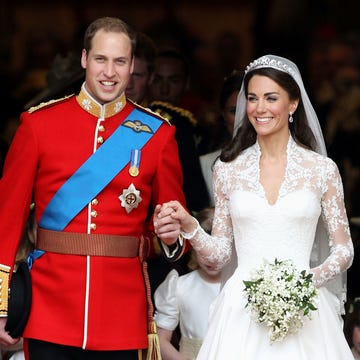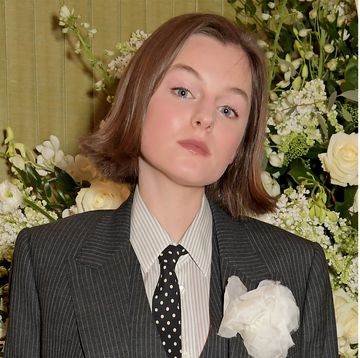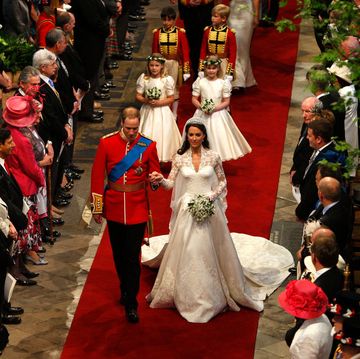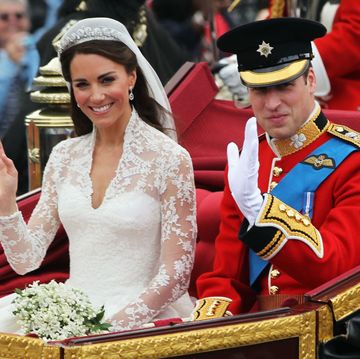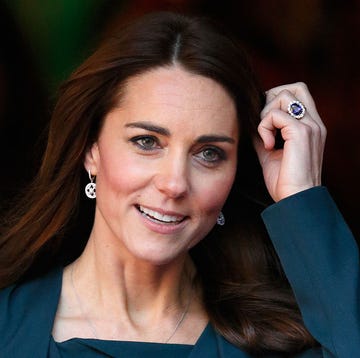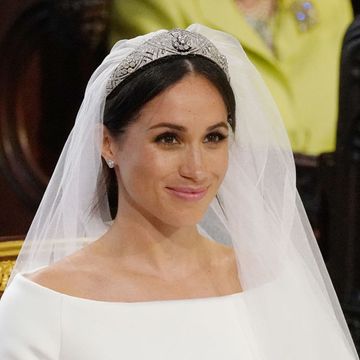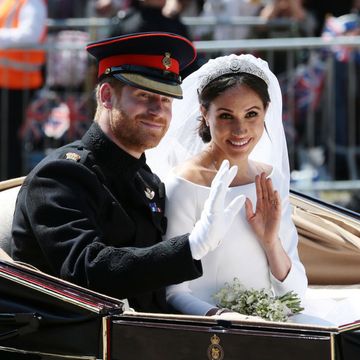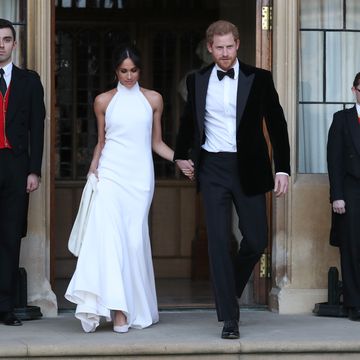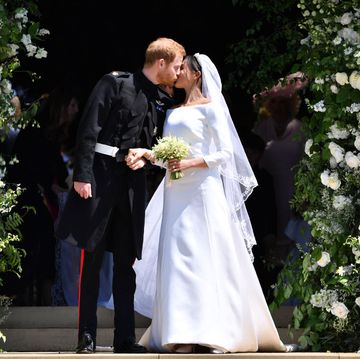As a black woman working in the media, there’s a time of the year I’ve often found myself busiest. Ideas I’ve otherwise struggled to pitch get a second wind, projects I’ve put on hold miraculously resurface, and for 31 days, content involving black people is deemed absolutely relevant.
Black History Month (the month in which my workload doubles) is like Christmas, before it’s business as usual in a predominantly white industry. But since the news of Prince Harry and Meghan Markle’s engagement, 'Christmas' appears to have come early.
Now that a mixed-race woman has married into one of the whitest institutions in the UK, the media has been unremitting in its coverage and relentless in getting black women to talk about it.
If you type 'Meghan Markle' and 'black women; into Google, you’ll find an aggregate of articles all telling the same story; that for black women, this wedding is a Big Deal.
Meghan is a 'cause for celebration', a 'workplace inspiration', she 'offers hope', she means something. But for the black women around me (and indeed on my Twitter timeline), it’s a completely different story.
Once the initial excitement had died down and the memes eventually came to a halt, the black women I know seemed kinda over it. Still, the articles and videos featuring black women from the US and UK have kept coming and coming. I can’t recall the last time everyone was so interested in what black women had to say — and herein lies the problem.
In thinking about the way we treat minority voices in media, I regularly return to a video by Black Ballad, a UK-based platform that highlights the voices of black British women. In it its founder, Tobi Oredein, is speaking about her frustration with the lack of diversity and the ease with which white women can get commissioned.
'White women are allowed to get love letters to their dogs commissioned,' she says. 'I [have to] write a piece about how my race affects the way I get up in the morning to get commissioned.'
Her point is one that reverberates in my mind as I’m inundated with requests to participate in what feels like a forced conversation. Why can’t black women simply talk about how much they like weddings? Why are we only ever regarded as necessary to a discussion when we’re being called on to racialise our every move or be the voice of an entire group?
It’s no doubt that this royal wedding is going to be the blackest one yet. Meghan’s mum has dreadlocks like my own mother and that of course excites me. But the glaring spotlight placed on black women to perform a largely superficial narrative is reminiscent of the feeling I get when a black man enters a room and a well-meaning white friend elbows me with raised eyebrows as if to say, 'I bet you fancy him, don’t you?'
If nothing else, the royal wedding coverage and its obsession with repeatedly asking black women the same thing is proof that mainstream media has selective hearing when it comes to issues they care about. When the wedding is over and the bunting comes down, will black women’s voices be sought after with the same energy, or will we have to wait until the next Black History Month to get a look-in?
Earlier this week, a friend of mine, who’s also a black woman working in media, posted a screenshot of yet another request she’d received to comment on Meghan Markle. It was the seventh one she’d gotten since the lead up to the wedding began. She, like me, was exhausted from having the same conversation. 'I can’t wait for them to be married,' she told me — and if it means I’m allowed to talk about anything other than what the royal wedding means to black women, then honestly neither can I.





